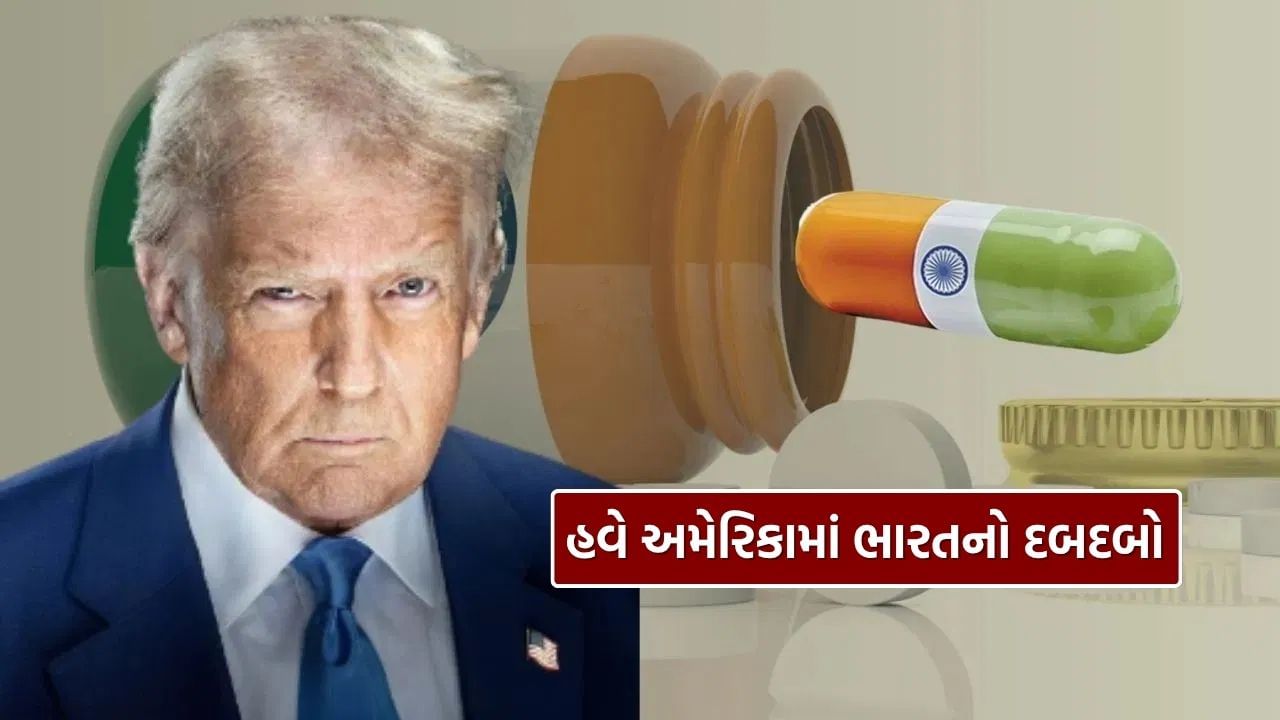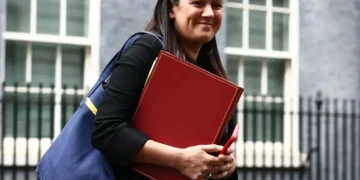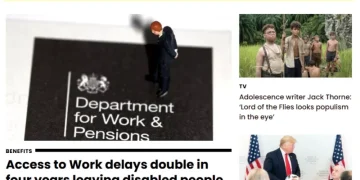
Donald Trump has given great relief to the global pharmaceutical sector. This relief is not a small thing. In fact, the White House has postponed a plan to impose tariffs on generic drug imports. This step is a relief for Indian pharmaceutical companies, which supplies about half of generic drugs in the United States.
The decision will also provide significant relief to millions of Americans who rely on generic drugs imported to treat diseases from high blood pressure and depression to ulcers and high cholesterol. India is the largest source of generic drugs for the US market, a far ahead of local manufacturers, which accounts for 30%. According to the global medical data analytics company IQVIA, India supplies 47% of all generic drugs filled with US pharmacies.
No tariff benefits for generic drugs
According to the Wall Street Journal, the White House decision shows a major decline in tariff investigation on the commercial department drugs. When the investigation was announced in April, the Federal Registrar's notice states that it would target “finished generic and non-genetic drug products, as well as drug components.”
According to media reports, this step follows the debate within the Maga group. Citing national security concerns, the fundamentalists pushed for tariffs to bring back drug production to the US. However, members of President Trump's Domestic Policy Council argued that “imposing tariffs on generic drugs would increase prices and cause lack of drug for consumers.”
They further said that tariffs on generic drugs will not be effective because production costs are so low in countries like India that even higher tariffs will not make American production profitable. Following the decision, shares of Indian pharmaceutical companies were traded high on Thursday. Cipla rose 0.64% to ₹ 1504.30; Sun Pharma rose 0.08% to ₹ 1633.00; Dr. Reddy's price rose 1.78% to ₹ 1256.35 and Aurobindo Pharma rose 3.38% to ₹ 1106.00.
Trump's 100 % tariff advertisement
From October 1, 2025, Trump announced through Truth Social that the White House would prohibit any generic drug manufacturer to build a pharmaceutical plant in the United States. US will impose 100% tariffs on patented drugs, except pharmaceutical companies. He said, “From October 1, 2025, we will impose 100% tariff on any branded or patented pharmaceutical production, unless a company is installing its own pharmaceutical production plant in the US.
Despite this announcement, there are many questions left…
What drugs will be covered, how “branded” or “patent” will be defined, and may Indian generic or active pharmaceutical components (APIs) be affected. Tariffs can be imposed on branded generic and APIs used in the main products, which can put Indian pharmaceutical manufacturers at a high risk.
India dominated the US pharmaceutical market
India's pharmaceutical exports are on the path of strong growth. In FY 2025, the annual export reached a record level of $ 30 billion. The year-by-year growth in March was 31%. In August 2025, exports increased from $ 2.35 billion in August 2024 to $ 2.51 billion. According to Pharmexil, exports of fiscal year 2024 were estimated at $ 8.7 billion (31%) in the US, out of which $ 3.7 billion was sent abroad in the first half of 2025.
Indian companies dominate major therapeutic areas such as high blood pressure, mental health, lipid regulator, nervous system disorder and anti -ulcer drugs, which supply more than half of the drugs in these categories. According to some estimates, Indian generic drugs can only save $ 1.3 trillion between the US healthcare system in 2022 and $ 1.3 trillion between 2013 and 2022.
Richest Hindu of Pakistan: Who is the richest Hindu of Pakistan? Learn how much wealth he has
. Source





























